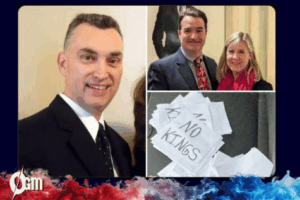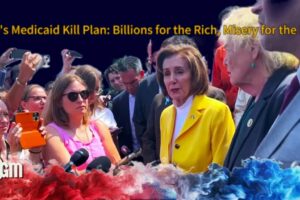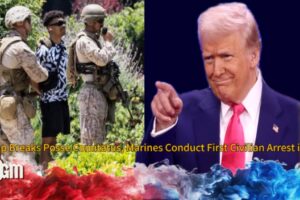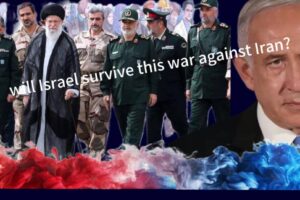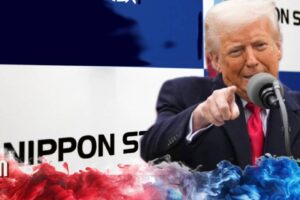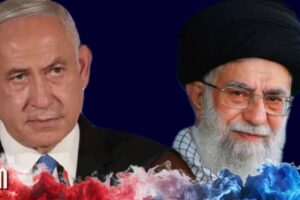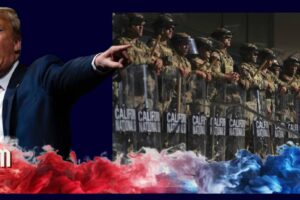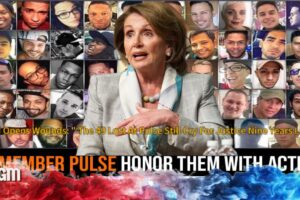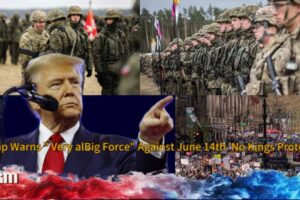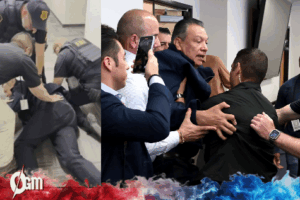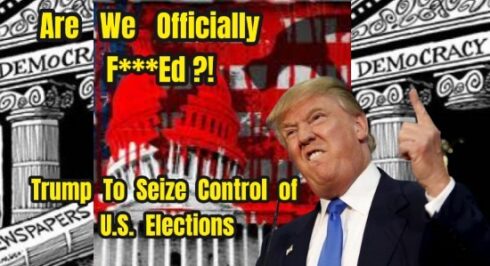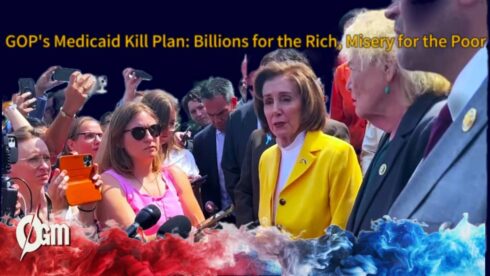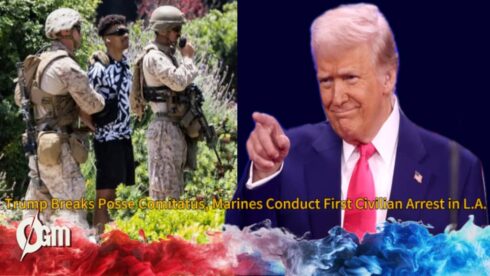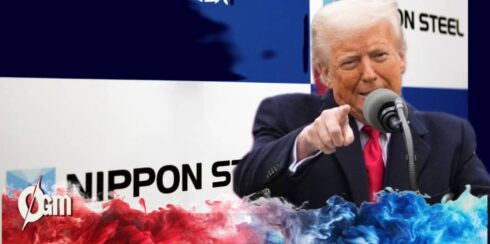Democracy in Peril | President Donald Trump has signed an executive order that significantly expands presidential authority over independent government agencies, including the Federal Election Commission (FEC), the Federal Communications Commission (FCC), the Federal Trade Commission (FTC), and the Securities and Exchange Commission (SEC). This move has sparked intense legal and political debates, with critics arguing that it could undermine the independence of regulatory bodies and tilt the balance of power in favor of the executive branch.
Expanding Executive Control Over Independent Agencies
The newly signed executive order mandates that independent federal agencies report directly to the White House Office of Management and Budget (OMB). Under the directive, OMB Director Russell Vought, a key architect of Trump’s governance strategy, is tasked with setting performance standards for agency heads and periodically reporting their compliance to the president. The order also grants Vought the authority to review and adjust agency budgets to align with the administration’s policies and priorities.
Historically, agencies such as the FEC, FCC, FTC, and SEC have operated independently to ensure that their regulatory functions are free from political influence. By bringing these agencies under presidential oversight, Trump’s executive order seeks to consolidate power within the executive branch, a move that many legal scholars consider a significant departure from traditional governance structures.
Legal and Constitutional Challenges Ahead
Democracy in Peril | Trump’s executive order is expected to face immediate legal challenges on constitutional grounds. The primary concern revolves around the separation of powers, as independent agencies were established by Congress to function without direct presidential control.
Legal experts argue that the order aligns with the controversial unitary executive theory, which holds that the president has complete authority over the executive branch. While the Supreme Court has debated this theory in previous rulings, this executive order could serve as a new test case for defining the limits of presidential power.
Congressional pushback is also likely, particularly from lawmakers who view the move as an overreach. Legal battles could delay or block the implementation of the order, and the Supreme Court may ultimately be called upon to decide whether the action violates constitutional principles.
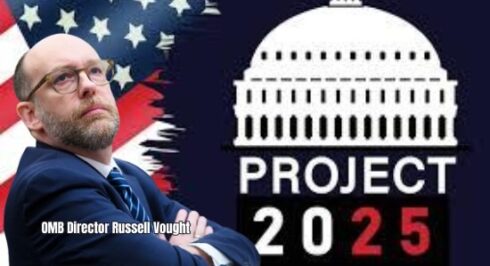
Democracy in Peril: Political and Electoral Implications
Democracy in Peril | The executive order has raised alarms about the potential for politically motivated enforcement or deregulation. Critics argue that increased presidential control over the FEC, in particular, could lead to election rule changes that favor a sitting administration. The FEC plays a critical role in overseeing campaign finance laws and election integrity, making any attempt to centralize control over it a deeply contentious issue.
Beyond elections, expanded executive oversight could set a precedent for future administrations. If upheld, the order could be used by subsequent presidents—regardless of party affiliation—to exert greater influence over regulatory agencies, reshaping governance in ways that could endure long beyond Trump’s presidency.
Democracy in Peril: Economic and Business Fallout
Democracy in Peril | The executive order has also drawn concerns from the business and financial sectors, as regulatory uncertainty could create instability. Agencies such as the FTC and SEC regulate corporate behavior, antitrust laws, and financial markets, and increased White House influence could lead to shifts in enforcement priorities.
Additionally, the FCC’s oversight of media and communications raises concerns about censorship and regulatory bias. With greater presidential control, policies related to net neutrality, broadcasting regulations, and media ownership rules could be influenced by political considerations rather than independent regulatory assessment.
Democracy in Peril: What Comes Next?
Democracy in Peril | The executive order is poised to face a flurry of lawsuits, with courts expected to weigh in on whether the directive violates constitutional boundaries. Congress may also attempt legislative action to reaffirm agency independence, though passing such measures could prove difficult in a politically divided legislature.
With the 2024 election approaching, the controversy surrounding this order is likely to become a central campaign issue. Presidential candidates and lawmakers from both parties will need to address concerns about executive overreach and the future of independent regulatory agencies.
As legal battles unfold, the broader implications of this move will shape discussions on the balance of power within the U.S. government. Whether the order stands or is struck down, it marks a significant shift in the ongoing debate over presidential authority and the independence of federal agencies.

